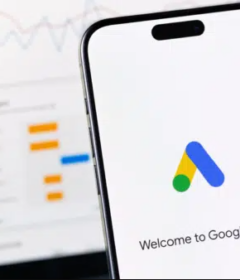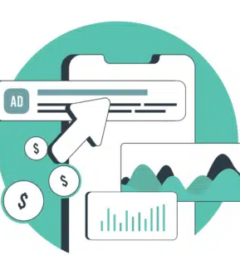Pretty sure @GoogleAds just shut down Face Mask ads @rustybrick @GinnyMarvin
Google bans face mask ads globally due to misleading coronavirus claims

The face mask ban comes amid a rise in false claims around coronavirus prevention and price gouging.
Applies to all face mask advertising. The ban applies to all advertisers, including those who may have had long-running campaigns promoting “dust masks,” for example. Advertisers will see a message in their accounts stating, “This candidate is not permitted to show ads in your target location,” as shown in the tweet above from Lane Rissardini of Dallas-based Marion Relationship Marketing.
It falls under the “sensitive events” section of Google’s guidelines around suitable advertising content. It typically takes a few days for this type of change to fully take effect across Google’s ad systems and for existing ads to be removed.
The move comes after the company began noticing a recent rise in ads for face masks running against coronavirus-related keywords, many with misleading healthcare claims.
Part of broader effort to curb coronavirus misinformation. This is the latest action Google has taken to block misleading ads around coronavirus. Google, Facebook, and other advertising platforms have seen a rise in scammers trying to profit from the global epidemic. Google said it has blocked hundreds of thousands of ads since it began seeing a rise in misleading ads touting coronavirus prevention in mid-January.
“We’re committed to protecting users and surfacing helpful, authoritative information as the coronavirus situation continues to evolve,” a Google spokesperson said in a statement given to Search Engine Land. “Since January, we have blocked hundreds of thousands of ads for misleading coronavirus-related products or services. Out of an abundance of caution, we have decided to temporarily ban all medical face mask ads. We’re actively monitoring the situation and will continue to take action as needed to protect users.”
On Friday, Sundar Pichai, CEO of Google and Alphabet, published a blog post outlining the company’s efforts to address COVID-19, including the establishment of a 24-hour incident response team. The company has launched an “SOS Alert” for COVID-19 in search results to link people to the latest news and authoritative sources of information from the World Health Organization (WHO). On YouTube, it has added a callout on the homepage linking to WHO “or other locally relevant” organizations.
Why we care. This is an example of ways in which the big digital ad platforms must constantly monitor and adapt to new scams by bad actors. The actions of profiteers will be felt by legitimate advertisers across the digital ecosystem. Google’s ban on face masks is global and will be in effect until coronavirus is no longer a major health concern.





